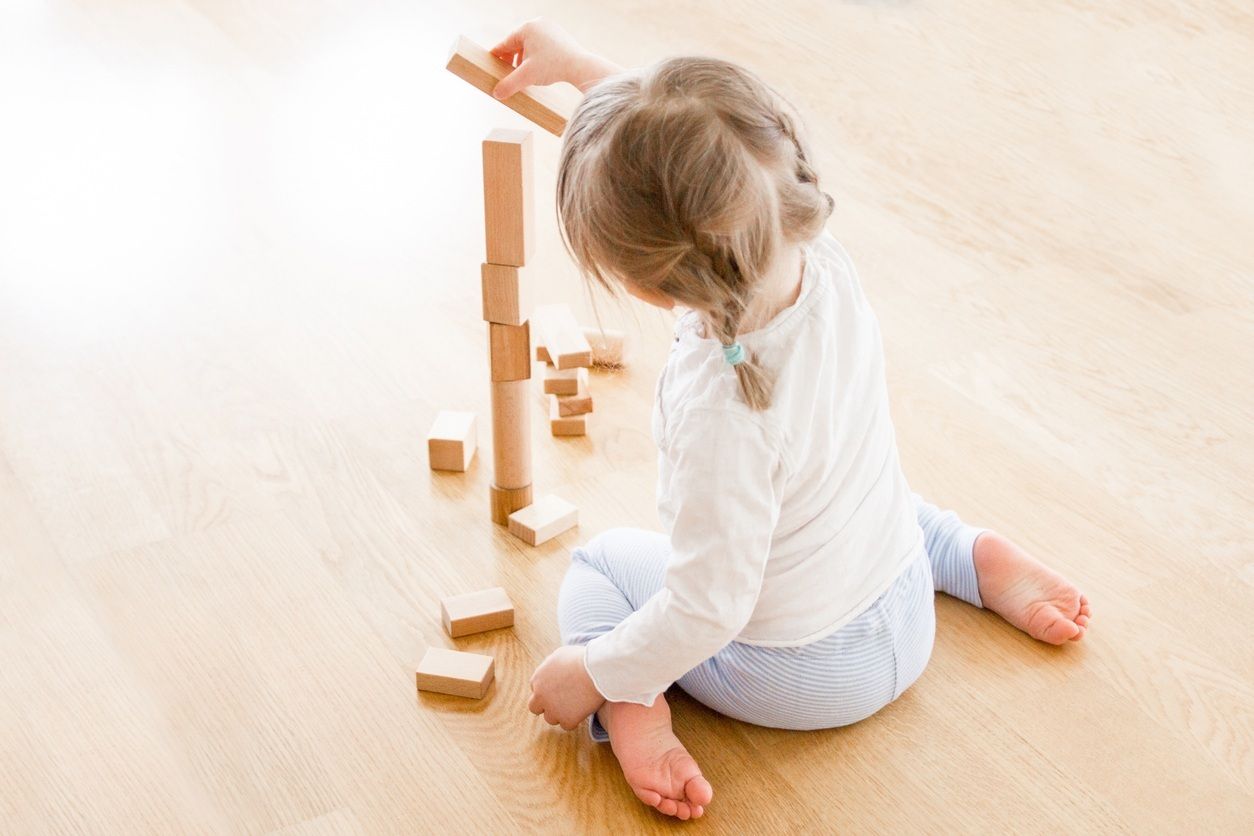🌟Encouraging Independent Play WITHOUT Screens
Plus, the importance of daily routines for kids.
🌟 PARENTING
The Importance of Daily Routines for Kids in 2025
Daily routines give children a sense of stability that anchors their emotional and cognitive world, turning everyday moments into reliable cues that help them feel safe and oriented. A consistent flow from morning to bedtime strengthens self-regulation, supports smoother transitions, and lowers daily friction between kids and caregivers. Dependable patterns also make space for better sleep, healthier habits, and more meaningful family connection, allowing children to use their energy for curiosity and learning rather than uncertainty or resistance.
Clear guidance shows how routines can be built gradually, shaped with the child’s input, and kept flexible enough to survive real life while still offering structure. Even small rituals—consistent wake-up steps, predictable mealtime rhythms, or nightly wind-down sequences—compound into healthier behavior and more peaceful households. The stability they create often becomes visible in everything from improved mood to stronger independence, inviting parents to keep refining these patterns as their child grows.
Click below to keep reading and learn more!
🌟 FAVORITE TOYS
New Toys from Little Live Pets we Love!
Bring Home Joy This Holiday Season with Little Live Pets!
Caring has never been so magical. With over 50 adorable sounds and reactions, My Baby Panda brings nurturing play to life. ChuChu giggles when his belly is tickled, kicks his feet when he needs to go potty, and even goes potty in his toilet. Kids can feed him his bamboo stick, cuddle him close, and discover the joy of caring for their very own panda. Every moment with ChuChu is filled with laughter, love, and endless play.
For little aspiring veterinarians, Ouchies introduces Cooper, the brave retriever pup who needs gentle care to heal his broken leg. Cooper's cheeks glow red and he starts limping when he is hurt, but with a real cast you make and decorate, he transforms into a happy, walking puppy. His life-like responses and journey from hurt to healed create a rewarding experience full of connection and joy.
These interactive pets are the perfect gift for the holiday season, bringing warmth, wonder, and meaningful play to every child’s day.
Explore Little Live Pets!
🌟 SCREEN/LIFE BALANCE
How to Encourage Independent Play Without Screens
Independent play strengthens a child’s imagination, problem-solving abilities, and capacity for self-regulation by giving them space to explore without external stimulation. When children play on their own, they practice tolerating small frustrations, invent stories and worlds from simple materials, and build the confidence that comes from steering their own experience instead of responding to a screen. The developmental advantages accumulate: richer symbolic play, deeper focus, healthier sensory engagement, and an easier rhythm to the day for both child and caregiver.
Thoughtful setup makes this kind of play possible, whether through safe “yes spaces,” a small rotation of inviting toys, or simple setups prepared the night before that encourage curiosity the moment a child enters the room. Short, achievable increments help build endurance, and gentle scaffolding—like visual timers or prompts that invite a child to add one more element to what they’re doing—allows independence to grow without pressure. Over time, these routines shift a household’s default from screen-driven entertainment to self-directed exploration, creating calmer days and more resilient, imaginative kids.
Click below to keep reading and learn more!
🌟 TLDR
Helping Young Children Who Are Socially Anxious
Practical strategies like role-playing, previewing social moments, and co-regulating with caregivers help socially anxious children feel safer and more confident.
How to Create a Good Bedtime Routine for Your Child
A predictable, age-appropriate pre-sleep sequence strengthens emotional regulation and improves overall sleep quality.
Letting Kids Run Wild Outside Is Surprisingly Good for Their Brains
Unstructured outdoor play builds problem-solving skills and emotional resilience by giving children freedom to explore real-world challenges.
Your Baby’s Gut and Mental Health Are Linked: Nurture Both
New research shows that early gut-microbiome patterns are connected to later emotional well-being, suggesting dietary diversity may support healthier development.
All Work and No Play: The State of Kids’ Free Time
Shrinking amounts of self-directed play reduce opportunities for creativity and independent problem-solving, highlighting the developmental importance of unstructured time.



